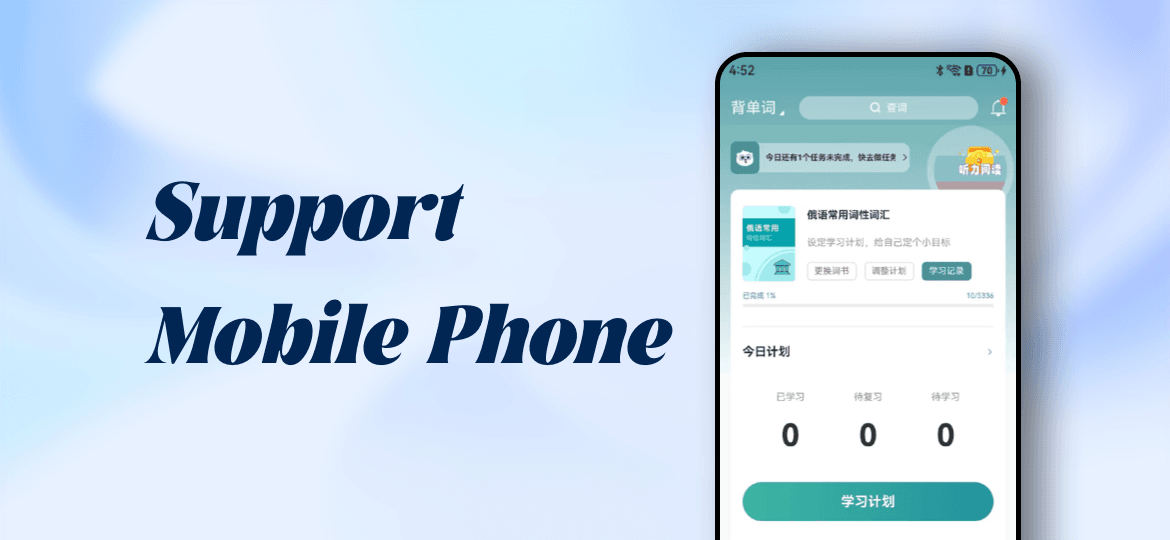Why Develop Apps Based on HarmonyOS/OpenHarmony
Brand New Smart and Secure Operating System
HarmonyOS based on OpenHarmony is a commercial version developed by Huawei, mainly for Huawei devices; OpenHarmony is an open-source project incubated and operated by the OpenAtom Foundation, allowing other manufacturers to adopt and customize.
Multi-Manufacturer Adoption
Besides Huawei, many major Chinese manufacturers are also involved in OpenHarmony development, expanding the potential user base.
Cross-Device Ecosystem and Technological Innovation
HarmonyOS aims to create a unified cross-device ecosystem, allowing applications to run seamlessly across multiple platforms such as phones, computers, tablets, and smart home devices.
Expected Market Share Growth
As more devices adopt HarmonyOS/OpenHarmony, market share is expected to grow rapidly. Early adaptation may bring significant first-mover advantages.
Data Security and Compliance
HarmonyOS provides strong security guarantees for applications through distributed technology and strict data management, helping to meet increasingly stringent data security regulations worldwide.
One-Time Development, Multi-Platform Deployment
One code base, one-time development and release to multi-platform deployment as needed, supporting developers to quickly and efficiently develop applications for various terminal device forms, achieving compatibility with different devices while providing a distributed experience of cross-device flow, migration, and collaboration.
Case Study
Case Study Text placeholder
Support
Mobile Phone
Support
Tablets
Support
Foldable screens
Support
Smart Watches

Technologies Used and Brief Introduction
The project utilized native HarmonyOS ArkTS language + Vue frontend technology + WebView communication technology, enabling us to quickly convert Android applications to HarmonyOS applications within 2 months. Through maintaining a single codebase, we achieved multi-platform support including PC, general mobile, foldable phones, tablets (both landscape and portrait), and tri-fold phones. While reducing development costs, we also maximized the acceleration of launch time and maintained the same user experience as the Android version.